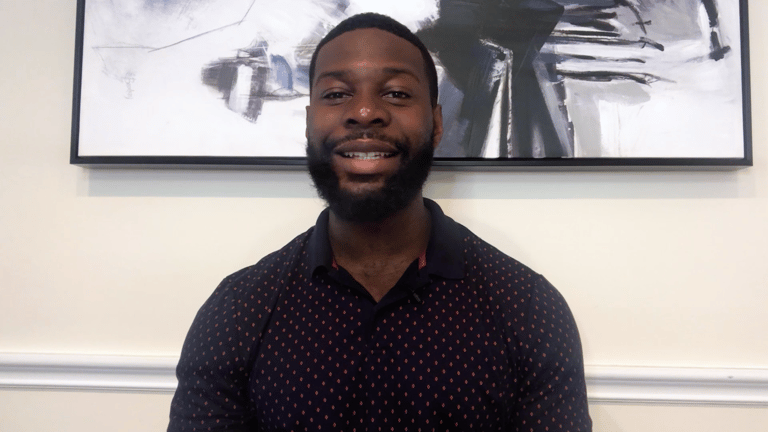
Make no mistake about it—buying a home might be one of the most mentally, emotionally, and even financially draining experiences that you might ever experience.
From finding the perfect home to the offer process to the closing date and closing costs, there are so many variables in place that it is understandably overwhelming for most buyers—especially first-time home buyers.
But the good part is you may have options to help you manage the home buying process in a way that’s suitable for your personal financial position.
Today, we're going to explore the five different types of mortgage loans, the unique characteristics each one offers, and which one is right for you.
1. Government-insured mortgage loan
This loan is backed by the federal government and typically has looser requirements than other types of mortgage loans. This allows people who otherwise might not be able to buy a home on their own the opportunity to be homeowners.
The most popular of these federally-backed loans are FHA for first-time home buyers and VA loans for military veterans. These loans allow down payments of 3.5 and 0% down, with a minimum credit score of 580. When getting one of these types of loans, you must also get property mortgage insurance.
Who should get this type of loan?
Government-insured loans are a great option if you are tight on cash, have an imperfect credit score, and don't qualify for a conventional loan.
2. Conventional loan
A conventional loan is not backed by the federal government. These types of loans can be used on a primary home, second home, or investment property. If you put less than 20% down, the lender may require you to have mortgage insurance. In some cases, interest rates are slightly higher, but the total borrowing costs tend to be lower when compared to the other types of mortgages. A minimum credit score of 620 is required for this type of loan.
Who should get this type of loan?
Conventional loans are best suited for borrowers with strong credit, a stable income, verifiable employment history, and at least a 3% down payment.
3. Jumbo loan
Looking at a property in an expensive neighborhood? Then a jumbo loan might be right for you.
These types of loans have non-conforming loan limits, meaning the price of the home exceeds federal loan limits. This allows borrowers to borrow high amounts for their home purchases. For 2020, the maximum conforming loan limit for single-family homes in most of the U.S. is $510,400, but is as high as $765,600 in certain high-cost areas.
Jumbo loans require heavy documentation, a credit score over 700, as well as cash and investment assets of at least 10% of the home value to be approved.
Who should get this type of loan?
Jumbo loans are ideal for more affluent buyers purchasing a high-end home. Jumbo borrowers should have good to excellent credit, high income and a sizable down payment.
4. Fixed-rate mortgages
A fixed-rate mortgage is a loan where the interest rate on the borrowed amount remains the same through the term of the loan, as opposed to other loans where the interest rate may change.
Although the amount of principal and interest paid monthly varies on your payments, the total amount due remains the same. The major benefit here is how much easier it is to budget with a fixed-rate mortgage.
Who should get this type of loan?
Fixed-rate mortgages are favorable if you plan to stay in your home for at least seven to 10 years and prefer steady monthly payments.
5. Adjustable-rate mortgages
An adjustable-rate mortgage, or ARM, is a loan with an interest rate that can change periodically. This means that monthly payments can increase or decrease. In most cases, the initial interest rate is lower than comparable fixed-rate mortgages, but after that period ends, interest rates — and your monthly payments — can go up or down.
Who should get this type of loan?
An adjustable-rate mortgage is for someone who is comfortable with a certain level of risk. Since you'll enjoy a lower fixed rate in the first few years of homeownership, this type of loan is a good option if you don’t plan to stay in your home for more than a few years.
Before making a mortgage decision, it's important to carefully consider your personal financial situation. Review your financial position, decide on a budget and down payment amount, and know your credit in order to make a well-informed decision on what type of loan works best for your needs.
Learn more about buying a home and mortgages, check out theses additional resources and be sure to subscribe to the network.
About Learn
Financial advice for real people, by real people. You shouldn't need a degree to understand your money. Join Head of Education, Brittney Castro and Altruist mentors as they break down financial tips and strategies in a real way to help you finally understand how to achieve your financial goals faster.
Have a question you want to see answered? Ask it here. 🙋♀️

